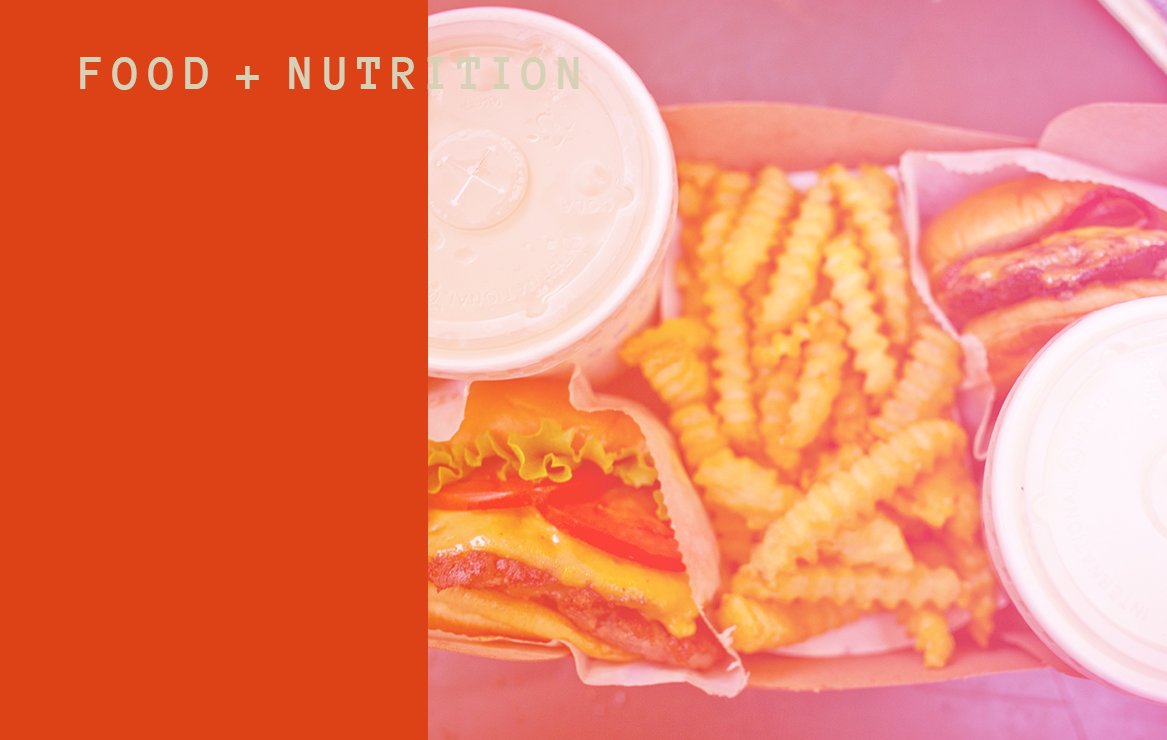Foods to Avoid Your Risk of cognitive decline
A recent research study published in the Journal of the American Medical Association delved into the associations of our diets and risk of cognitive decline. The study, which was done in Brazil, had almost 11,000 Brazilians that they followed for almost 10 years, where over half of the participants were women and all were generally well educated.
The average age was 51 but there was a bit of a spread around it, and they were all public servants. What the research team had done with these guys is cognitive testing at the start and the end of the study.
Then, they looked at the makeup of their diets to see if there was any relationship between the amount of ultra-processed foods in their diet and how quickly they underwent cognitive decline.
For background, Brazil’s ultra-processed foods are about 25% to 30% of the total calorie intake. That is a lot less than most developed nations, and particularly the United States, which is the worst at almost 60% of calories from ultra-processed foods. And the UK is close behind. And Australia and New Zealand aren't far behind that, as well as Canada. In all of those countries, it's generally around or over 50% of total calories, whereas in Brazil, it's 25 to 30. In places like France and Spain, it's around 20%.
Before jumping any further into the study, it’s best to ask what are ultra-processed foods? They are defined as industrial formulations of food substances. Examples of these include things like oils, fats, sugars, starch, protein, isolates and more.
They also contain little or no whole foods, and they typically have flavours, colours, emulsifiers, which are things that make them feel really good in your mouth. They have other cosmetic additives, and they're basically from mass food production. For better understanding, ultra-processed foods pastries, ice cream, flavoured milk drinks, desserts chips, french fries, sandwiches, and burgers—all of these things are really quite obvious.
Fast food all comes under ultra-processed food along with a lot of snacks that you would get. But also in this, which often surprises people, is things like ready-to-eat meals, breakfast cereals and supermarket breads. In some of those categories, some are obviously better than others, but it's all of the additives that generally go into these things that really make them bad for us.
Study after study are coming out showing that there's links between ultra-processed food consumption and obesity, diabetes, all forms of cancer, all forms of heart disease, and even with all-cause mortality. But this one actually looked at the rates of cognitive decline, so particularly what was going on in the brain.
After all of these cognitive testings on them, they followed them up 8 years later and looked at who declined faster and what was their diet. What they found is really quite concerning.
They put the amount of ultra-processed food in the diet into quarters, what we call quartiles, and they had the lowest of 25%, and then 25% to 50%, then 50 to 75, and then 75% to 100%. They compared individuals who were above the first quartile to those who were in the first quartile, and they found that anybody who was above that first quartile was eating more than 25% of people in terms of ultra-processed food consumption in their diet.
These individuals had a 28% faster rate of global cognitive decline and a 25% faster rate of decline in what's called executive functions. Executive functions are the complex actions that we do with our brain, holding different bits of information in your working memory and fast forwarding it or using it to make decisions.
This is a really concerning study because the devil is really in the detail here. Remember that Brazil is quite low in terms of the amount of ultra- processed foods in their diet compared to Australia, New Zealand, the UK, United States and Canada. The researchers already excluded people who were eating ridiculous amounts of calories. But generally, lots of people in those nations are having twice the amount of ultra-processed foods as your
average Brazilian.
Think about this: if somebody is having, for example, 2000 calories a day, that's only 400 calories from ultra-processed foods, which is really easy to do. Lots of Australians, Americans, Brits and Kiwis are having more than 1000 calories a day from ultra-processed foods. But if we link it to another study that showed that more than four serves, which actually roughly translates to about 50% of your calories from ultra-processed food, showed that there was an increased hazard ratio of 62%, increased risk of death from all-cause mortality in the following period.
While there's all sorts of diet wars going on, the one message for all of the groups is to eat a diet that's low in ultra-processed foods, or what is called a low human interference (HI) diet. This is basically making sure that the vast majority of your calories are coming from real food that has been alive recently and minimally interfered with by humans.
Just be aware of some of what we call health halos that are on foods. There's a big push around stuff being vegan and while a lot of vegan food is awesome and healthy, some of it is processed, like soy burgers. That is no better than ultra-processed food that comes from a meat diet or whatever those things are.
In the end, the take home really has got to be eating real food. Real food doesn't have ingredients; real food is ingredients.
Corporate burnout to mental fitness
Inspired to live intentionally? Want to be the change in your workplace? Fill out this form & let’s chat.


